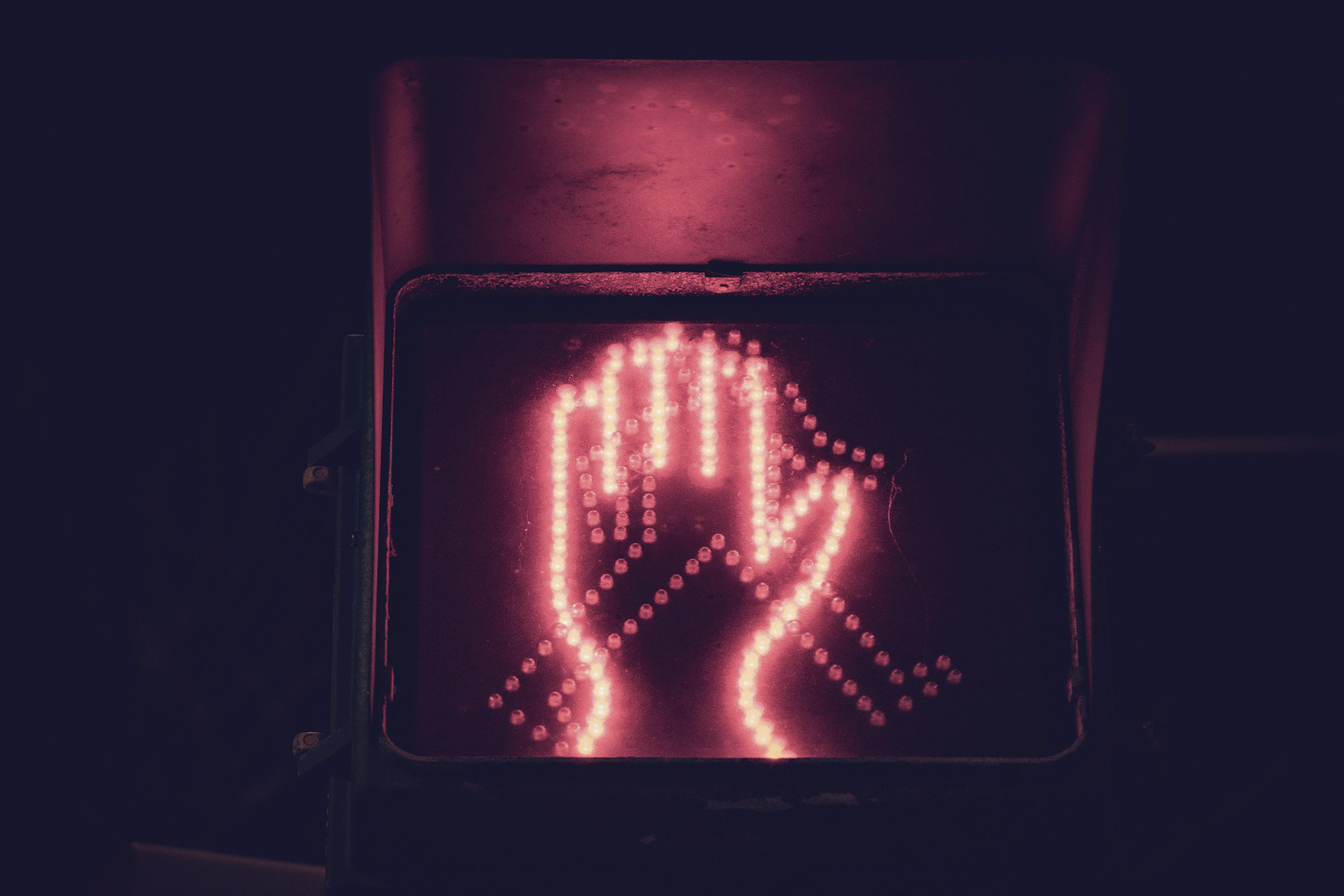
Forex: Principles of Emotional Control
Emotional control in Forex influences results just as much as strategy or quotes. To stick to a plan and avoid impulsive decisions, traders employ stress management techniques, document their actions, and develop a self-control system. This article explains why emotions influence trades, which cognitive biases most often destroy discipline, and how to develop a stable behavior in a volatile market.
Why Emotions in Forex Are Not a Weakness, But a Risk Factor
Emotions in trading act as an accelerator: they amplify every decision. If a trader enters the market with a clear head, emotions help strengthen concentration and maintain discipline. But if the mind is overloaded, any situation—a sudden candlestick shadow, a rapid impulse, unexpected news from the US or Europe—becomes a trigger.The Forex market itself is designed to constantly generate stress: high liquidity, reactions to macroeconomic data, shifts in central bank interest rates, sudden gaps. A trader in Moscow, London, or New York faces the same emotional risks: fear of missing out, excitement after a winning streak, pressure after losses.
As Jesse Livermore said, "In trading, it's not the prices that matter, but how a person behaves within the game." This remains true in today's market.
Emotions aren't a background phenomenon. They're a variable that constantly interferes with the analysis process. If left unchecked, a trader turns the objective market into a subjective battle with themselves.

Forex: Principles of Emotional Control
How Emotional Bias in Trading Decisions Works
When a trader makes a decision under stress, they don't analyze the market—they're protecting themselves from discomfort.Emotions create distortions:
1. Fear causes traders to close trades too early or avoid entering, even if the setup is objectively strong. On highly volatile pairs like GBP/JPY, this manifests itself in particularly abrupt behavior.
2. Greed encourages people to violate risk management, increase their lot sizes, or open unnecessary trades "while the going is good." For pairs with smooth dynamics, like EUR/USD, this is no less of an effect, but it's more subtle.
3. Excitement creates the illusion of superiority over the market, especially after a winning streak. It's precisely because of excitement that traders fall into the "casino effect," where the brain's reward mechanism takes over from a trading plan.
4. Disappointment creates attempts to “win back”, which is one of the main reasons for losses on news impulses.
An emotional trader doesn't trade strategy—they trade reaction. And that's what turns the system into chaos.
What Happens to the Mind During Trading: A Brief Analysis
According to research from MIT and the University of Chicago, trading activates the same neural circuits as risk management in real-world situations. This explains why cortisol, adrenaline, and dopamine levels in the body rise during trading.When the brain is working on a hormonal surge:
the ability to see context deteriorates,
the likelihood of false forecasts is growing,
the tendency to impulsiveness increases,
the quality of graph and statistical analysis decreases.
The trader feels like he is thinking “faster,” but in fact he is making more mistakes.
For this reason, even experienced market participants in London, Dubai, or Singapore use pre-defined action algorithms—they reduce the influence of neurochemistry on the process.
Emotional Control Principles That Actually Work
Emotional stability isn't about trying to "feel nothing." It's the ability to stick to a plan even when emotions have already set in. This is especially important in Forex due to the constantly changing market speed.Below are the key principles that create a system of self-control, rather than “hope in strong willpower.”
The plan must be stronger than emotions.
When a trader makes a decision without a pre-written algorithm, they essentially hand over control to their emotions.
The plan captures:
entry conditions,
exit conditions,
risk levels,
allowed number of transactions,
opening hours.
If a strategy is formed in advance, then emotions do not have the opportunity to “insert adjustments”.
Slow decisions in a fast market
A principle used by prop traders is:“The market may be accelerating, but your head is not.”
Every time the price accelerates, a trader experiences FOMO. But emotions always move faster than logic. A slow reaction isn't slowness; it's a filter.
A 3-5 second delay before pressing the button dramatically reduces the likelihood of impulsiveness, especially during news releases or sharp impulses in currency pairs with high beta volatility.
Separating results from emotions
A trader working "to win" begins to view the market as a game against them. But the market is neither an adversary nor an ally. It's a statistical system.It's important to separate emotion from the event.
A winning trade doesn't necessarily mean a good decision, just as a losing trade doesn't necessarily mean a mistake.
A good trader analyzes the process, not the money.
This is the principle on which large funds operate – and it is applicable even in retail.
Limit on the number of solutions
Fatigue is the enemy of discipline.The more decisions a trader makes, the higher the risk of psychological overheating.
The "maximum N trades per day" limit works as a mental defense. This is especially important in Forex: the 24/7 market creates the illusion that you can "wait for the perfect situation." In reality, fatigue impairs the quality of analysis more than lack of sleep.
The habit of recording emotions in a trader's journal
Emotions repeat themselves. And if left unchecked, they become background noise.
Recording your emotions after a trade—fear, anger, excitement, fatigue—helps identify specific patterns that lead to mistakes.
For a trader, this is not a tool for self-reflection, but for behavior optimization.
How a trader's stable emotional structure is formed
Emotional discipline is not an effort, but a state created through a system.A resilient trader uses:
stable daily routine,
trading time limitation,
predetermined risk parameters,
analytical sessions after the market closes,
a detached approach to the daily result.
This set of habits creates a “working mindset” that remains stable even during stressful events: CPI data releases, Fed decisions, ECB comments, or sharp movements in USD/JPY.
Emotional resilience is as much a competitive advantage as a good strategy.
Conclusion
Forex is a market that tests not only technical skills but also a person's emotional makeup. Strategies provide direction, analysis creates context, but it is emotional control that keeps a trader within the system.
Stability is achieved not by suppressing emotions, but through their conscious management, pre-defined rules, and discipline.
A trader who can control their psyche gains a key advantage—the ability to act rationally in conditions of high uncertainty.
By Jake Sullivan
November 18, 2025
Join us. Our Telegram: @forexturnkey
All to the point, no ads. A channel that doesn't tire you out, but pumps you up.
November 18, 2025
Join us. Our Telegram: @forexturnkey
All to the point, no ads. A channel that doesn't tire you out, but pumps you up.









Report
My comments